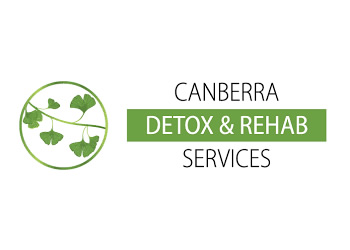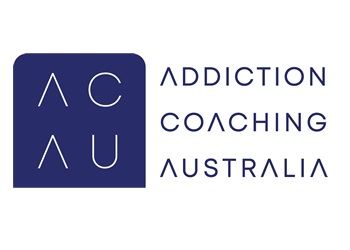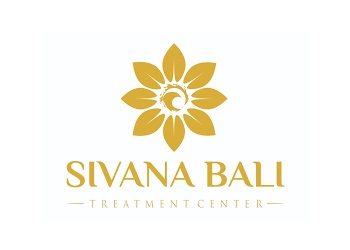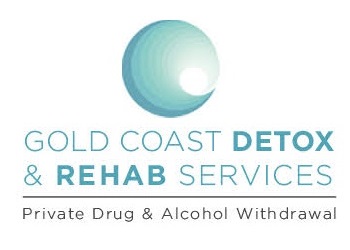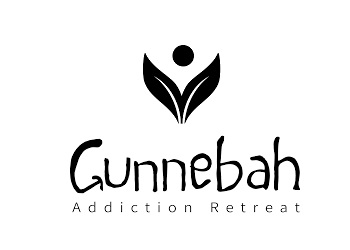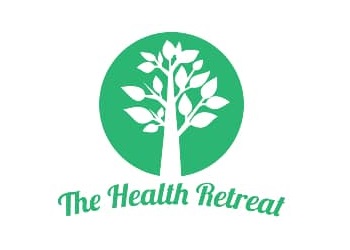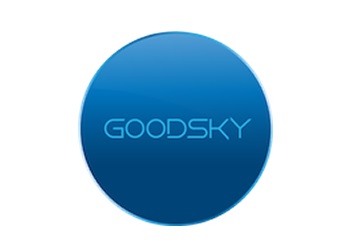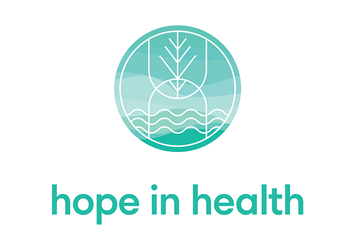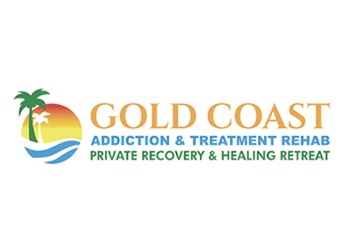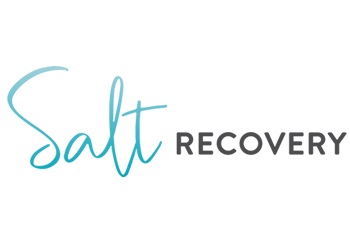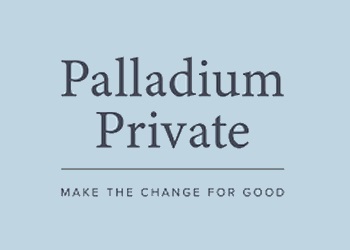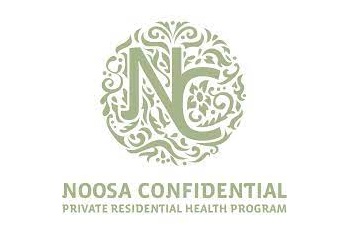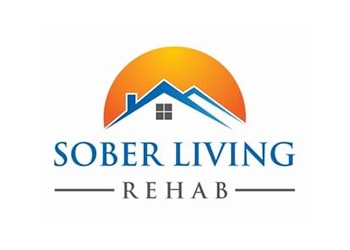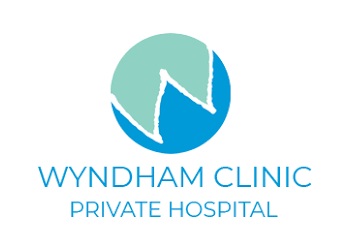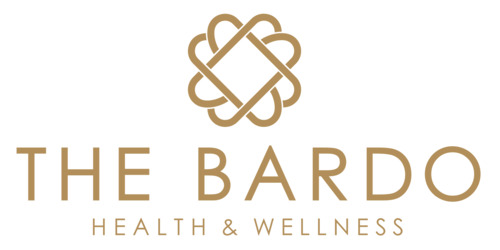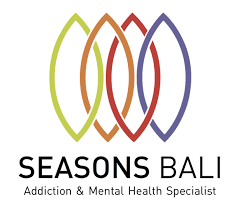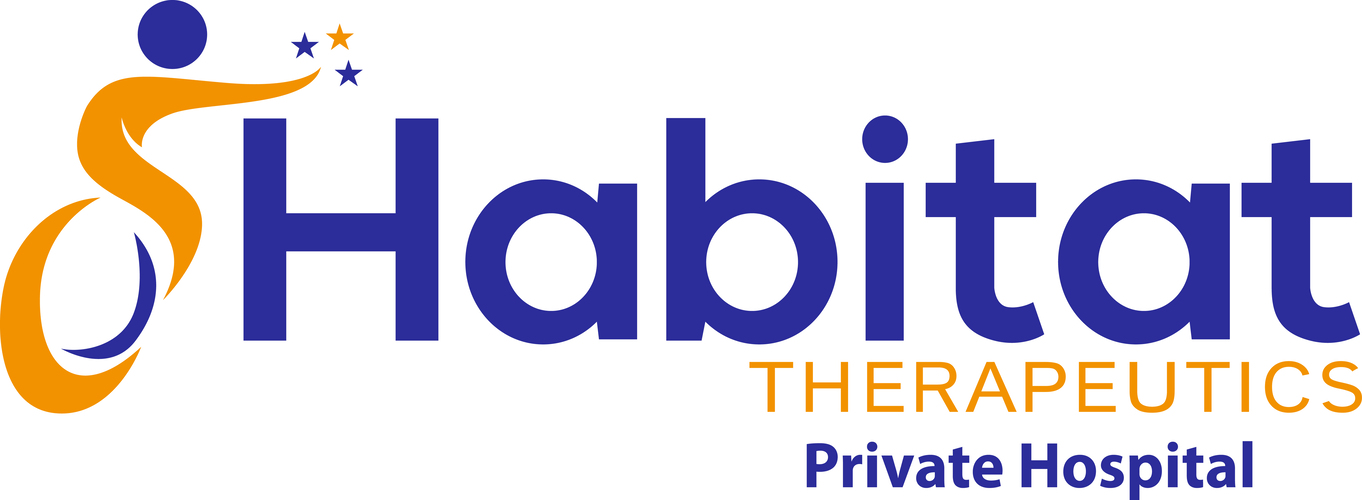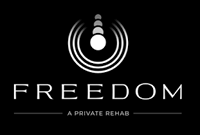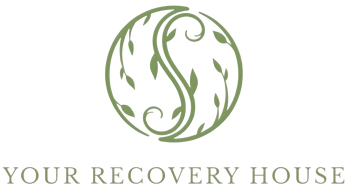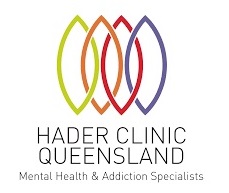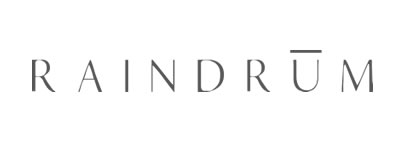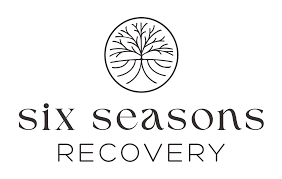If you’re struggling with addiction, choosing the right rehab can be a daunting task.
by Kathie Baker
There are so many types of treatment facilities out there, and it’s important to find one that will fit your specific needs. In this blog post, we’ll help you navigate the different program styles and what to look for in a successful one.
We will also introduce you to one of our rehab partners Canberra Detox and Rehab Services.
We are pleased to refer our clients to clinics like Canberra Detox which we believe provide programs that are client focused and effective.
Getting started
Perhaps, one of the first steps in deciding which type of rehab is best for you is to consult with a professional or industry representative.
Our experience is that clinics will provide you with honest feedback on your suitability for their program, because it is in their interest to only take clients who will work within their system/s without disrupting other clients.
They will be able to assess your individual needs and make recommendations based on what they believe will be most effective for you.
It is important to keep in mind that what works for one person may not work for another, so it is important to find a plan that is tailored to your needs.
Different types of rehab.
Inpatient vs. outpatient.
Inpatient rehab is a type of treatment in which the patient stays at the facility for the duration of their treatment. Outpatient rehab, on the other hand, allows the patient to live at home and come to the facility for scheduled treatments and appointments.
There are advantages and disadvantages to both types of care. Inpatient care provides around-the-clock supervision and support, which can be beneficial for patients who are struggling with severe addiction or have been unsuccessful in previous attempts at sobriety.
Outpatient care is sometimes more affordable and can be flexible to accommodate work or family obligations, but it requires a higher level of motivation and self-discipline from the client.
The best type of rehab for everyone will depend on your unique situation and needs.
Some people may do well in an outpatient setting, while others may need the structure and support of an inpatient program.
Ultimately, the decision should be made in consultation with a professional who can assess your needs and make recommendations accordingly.
Residential vs. non-residential.
Residential rehab is a type of inpatient treatment in which patients live at the facility during their stay. They are set in a ‘residential’ settings and not within a hospital.
For example, Canberra Detox and Rehab is a residential rehab offering private and confidential drug and alcohol addiction recovery retreat located in the Canberra region.
The retreat is located within a private bush setting, not a clinic or hospital. This environment provides a relaxed space for clients to focus primarily on supporting detox and the recovery process – with care and empathy.
Structured Rehab Programs
Clinics such as Canberra Detox use their space to offer structured rehabilitation programs, counselling, massage, physical conditioning, yoga and meditation within a setting design to allow maximum emersion in learning. Clients are offered a safe space for a supportive rehab residency in a relaxed retreat-style environment.
Non-residential rehab, on the other hand, does not require patients to live at the facility but instead allows them to visit for scheduled treatments and appointments.
Like inpatient vs outpatient care, there are advantages and disadvantages to both types of residential treatment.
Residential treatment provides 24/7 supervision and support, which can be beneficial for patients who are struggling with severe addiction or have been unsuccessful in previous attempts at sobriety; however, it is also more expensive than non-residential treatment options.
Non-residential treatment options are less expensive but may require more self-discipline from patients since they are not under constant supervision.
The best type of rehab for each individual will again depend on their unique situation and needs; some people may benefit from 24/7 supervision while others may do better with less constant support but still require regular check-ins or treatments.
Again, the decision should be made by consulting with a professional who can assess your individual needs before making any decisions about your care plan moving forward.
Holistic vs. traditional.
Holistic rehab is a type of treatment that focuses on healing the whole person, not just the addiction. Traditional rehab, on the other hand, focuses primarily on treating the addiction itself.
Holistic care may be more effective for some people because it addresses the underlying causes of addiction and treats the whole person, not just the addiction.
Canberra Detox and Rehab sums up their approach best in a quote from their website: –
‘Every step of your recovery is supported. Whether you need rest, education, health support or addiction advice, we are here to help. You may need a drug or alcohol withdrawal program, a diet overhaul or a good sleep.
You may need a longer all-inclusive holistic treatment plan. You may need both.
Or you may just need a big rest away from the pressures of life to work on your health recovery.’
Traditional care is sometimes covered by insurance, but it may not be as effective for some people because it doesn’t address the underlying causes of addiction.
You’re the decision maker
The best type of rehab for each individual will again depend on their unique situation and needs; some people may benefit from a holistic approach while others may do better with a traditional approach.
Paying for rehab with superannuation savings
Another way to make rehab more affordable is to look at the compassionate release of super program.
This program allows for the release of superannuation savings to pay for mental health or addiction treatment, subject to meeting the program guidelines.
Release My Super works with a selection of rehab facilities in Australia and Southeast Asia, on the basis that we have reviewed their programs and, in most cases, visited the facilities yearly with one of our medical consultants.
In this article, we have introduced you to Canberra Detox and Rehab, who offer great support in treatment and a strong and comprehensive program.
Conclusion
The perfect rehab for your addiction is the one that meets your specific needs.
There are many different types of rehab, so it’s important to do your research to find the one that will work best for you. Cost is also an important factor to consider, but it shouldn’t be the only thing you look at.
Ultimately, the most important thing is finding a facility that will help you achieve lasting sobriety.
Release My Super does not recommend facilities unless we have undertaken an assessment/s of their program and we do not take payments or fees for referrals to any of our partners.
If you require assistance to release your superannuation savings under the compassionate release of super program, please call Kathie at Release My Super.
Kathie Baker, Release My Super 1300 090 261 | 0475 471 872



